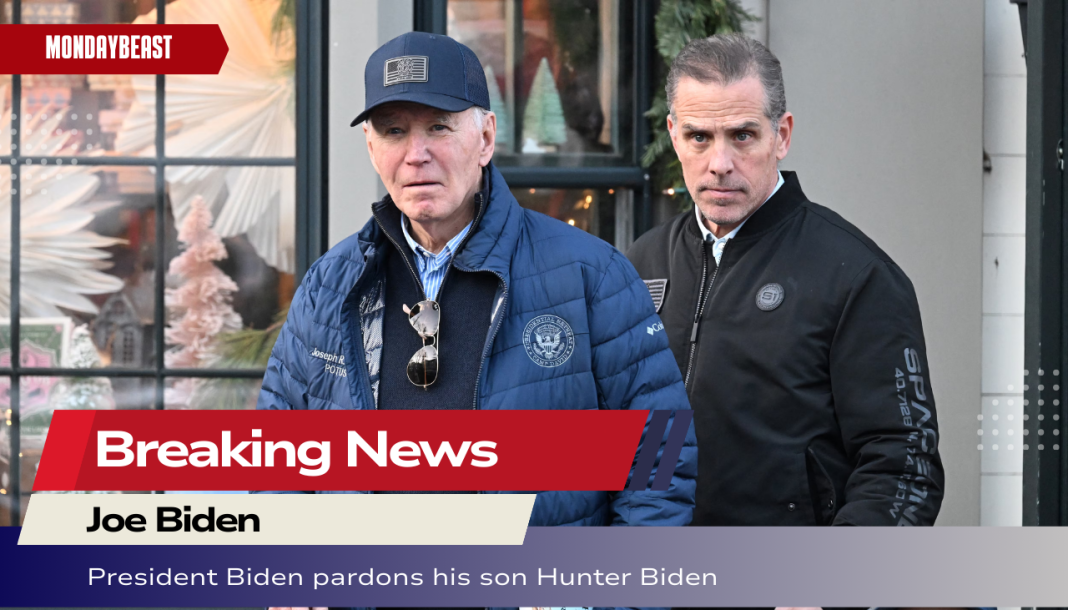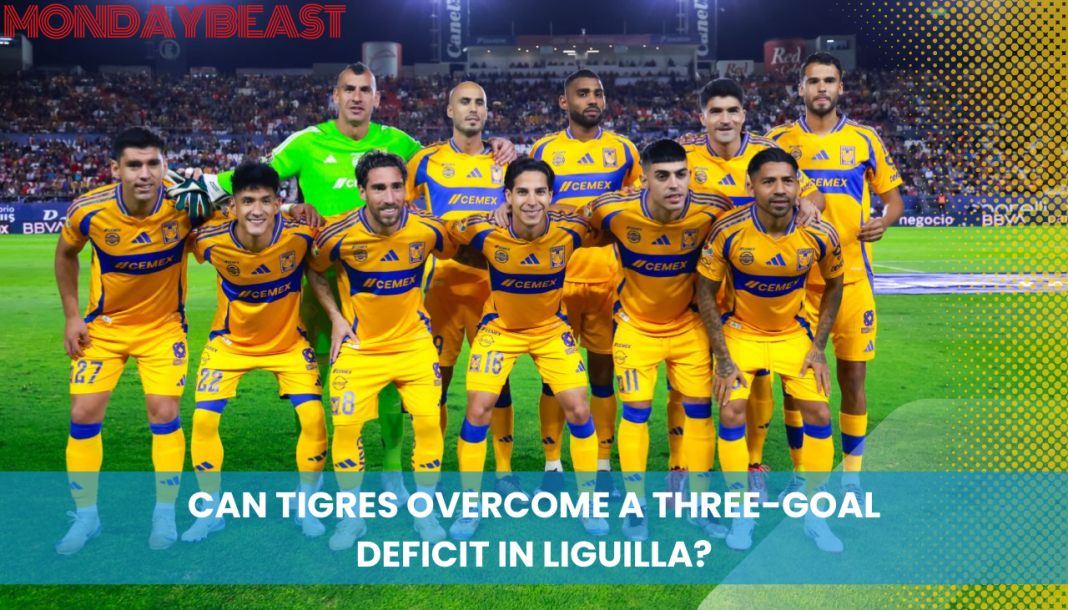The recent announcement made by President Joe Biden has sent shockwaves across the nation. He pardoned his son, Hunter Biden, on charges related to gun crime and tax convictions. This decision, coming as he prepares to leave office, raises critical questions about justice, family ties, and political maneuvering.
As a father, Biden’s choice seems to stem from a place of deep love. But it’s complicated. How many parents would go to such lengths to protect their children? Hunter Biden faced serious charges that could have led to prison time. The pardon, described as a full and unconditional grant of clemency, wipes clean the slate. It means he won’t be sentenced for these crimes.
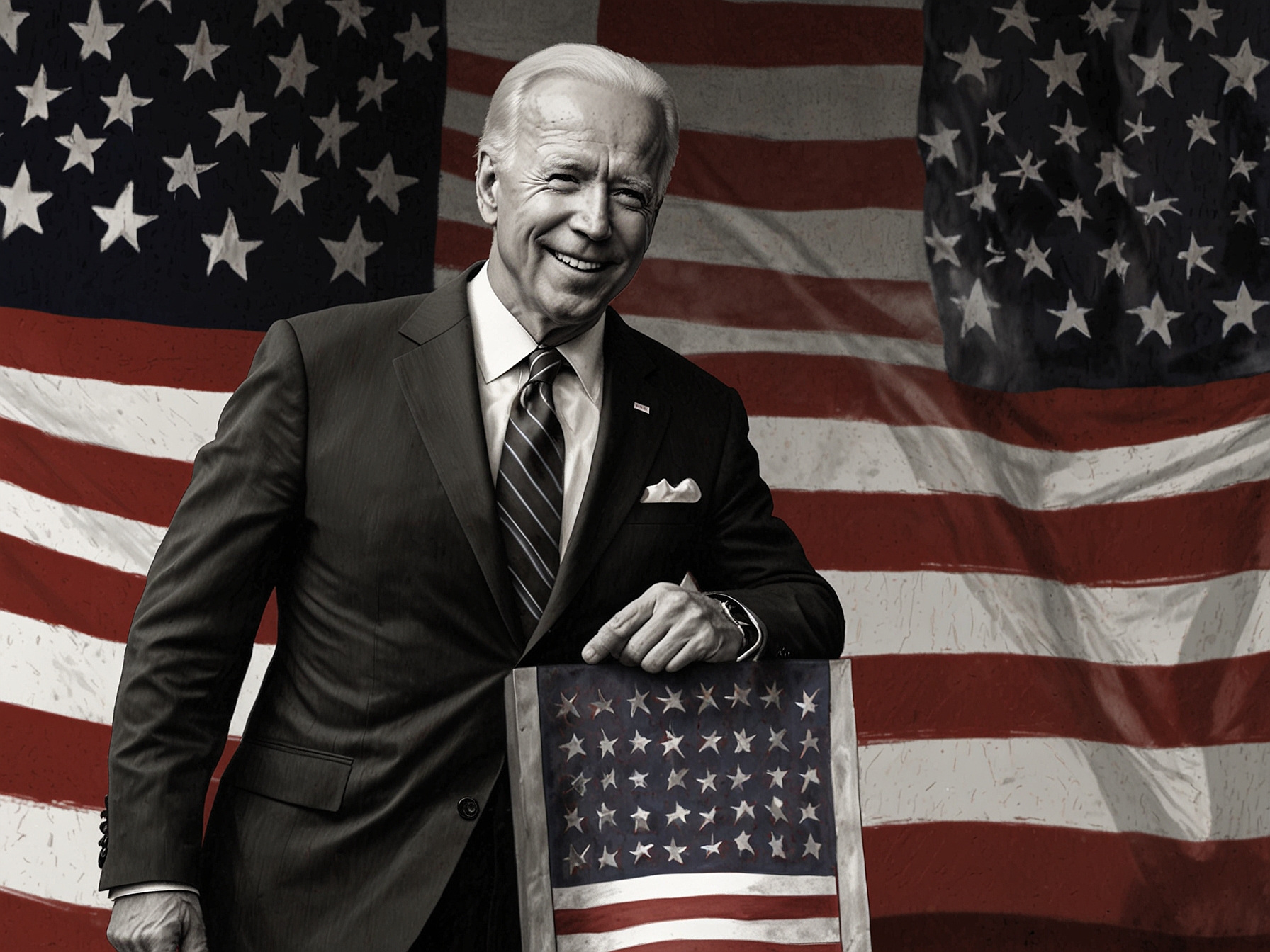
Yet Biden’s action raises eyebrows. It contradicts his earlier statements about never pardoning his son. In essence, Joe Biden has chosen to protect his son in a way he once publicly criticized. It’s these very contradictions that prompt Americans to reflect on the nature of justice. Is it truly blind, or does it bend under the weight of influence?
One glaring aspect of this situation is the political landscape surrounding it. Hunter Biden’s legal troubles have been fiercely scrutinized by opponents. They argue that his connections to Ukraine and his alleged misdeeds warrant punishment. But Biden’s assertion is that his son was targeted unfairly. He posits that Hunter was “selectively prosecuted,” a claim many will see as pure politics at play.
Does this resonate with the average American? Many families grapple with addiction and the mistakes that follow. Hunter’s struggles with substance abuse have been public knowledge, showcased in his memoir, as well as in the courtroom. For those battling addiction, it’s a bitter pill to swallow. Are we witnessing a compassionate act, or merely a way to sidestep accountability?
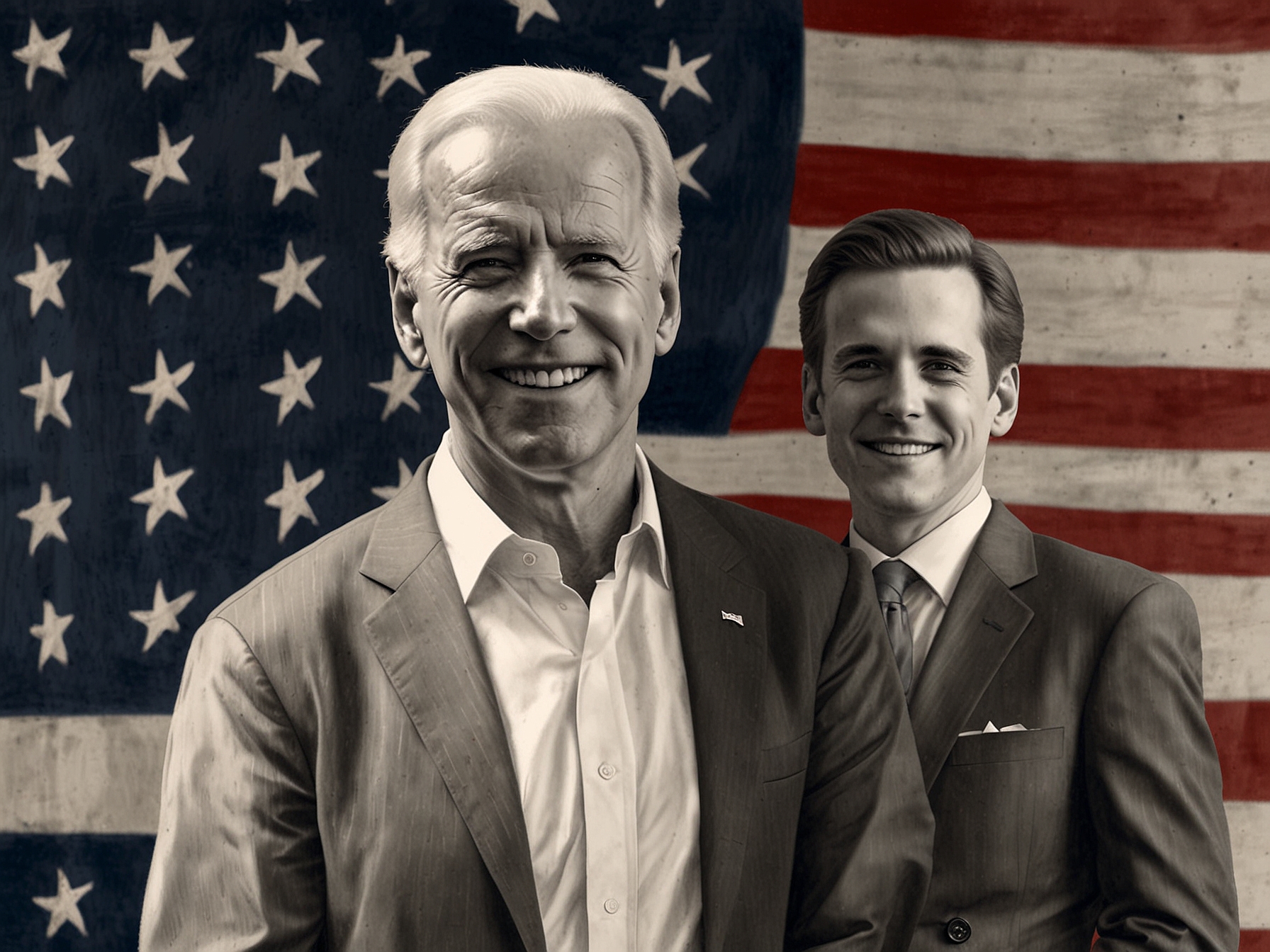
Biden himself faced a dilemma, wrestling with his role as a father versus his duty as president. “I believe in the justice system,” he said, but the insinuation is clear. Political motives seemed to eclipse fair treatment. It’s a powerful indictment of how political tides can affect personal lives.
Yet where do we draw the line? Should a parent’s instinct to protect their child outweigh the principles of justice? For many, this story is less about politics and more about a father-son bond. Hunter Biden expressed gratitude, stating he would not take his father’s clemency for granted. This brings a human element to an otherwise cold legal decision.
Biden’s position was fraught with consequence, not just for him, but for the democratic process itself. Critics argue this sets a dangerous precedent. Others believe that he had no choice but to pardon his son, citing emotional and familial responsibility.
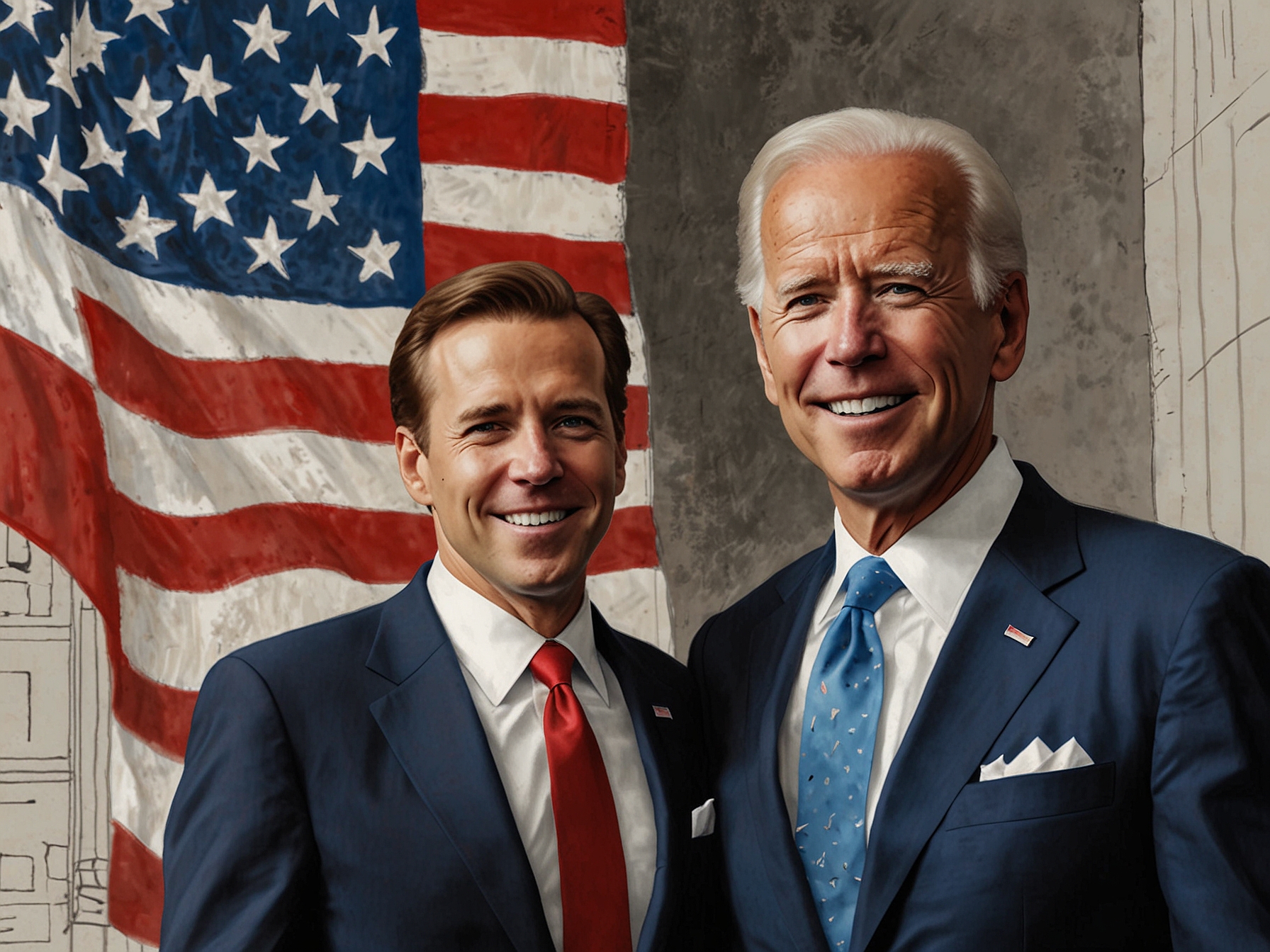
The ramifications are considerable. This pardon may erase potential federal crimes committed within specified dates. It shields Hunter Biden from scrutiny regarding past business dealings. But what message does this send to the public? How can citizens trust a system that seems malleable based on one’s last name?
As we navigate the blurry lines of justice and privilege, the Biden family saga continues. The Thanksgiving holiday, shared as a family, underscored the bonds of love and support amidst adversity. Joe Biden, by many accounts, may feel justified in acting for family, yet critics allege this was another public relations move meant to combat political fallout.
Ultimately, this episode leaves many wanting answers. Is there ever a good reason to blur the lines of justice? When does compassion cross into favoritism? As President Biden’s term nears an end, the broader implications of his decision are unfolding. This pardon could alter the political landscape and set new precedents in how similar cases are handled in the future.
This once-opaque world of crime, punishment, and mercy is now thrust into the spotlight. Every American feels the weight of this decision. What does it say about our moral compass? As the nation watches this family drama unfold, it’s clear there will be more to come.

